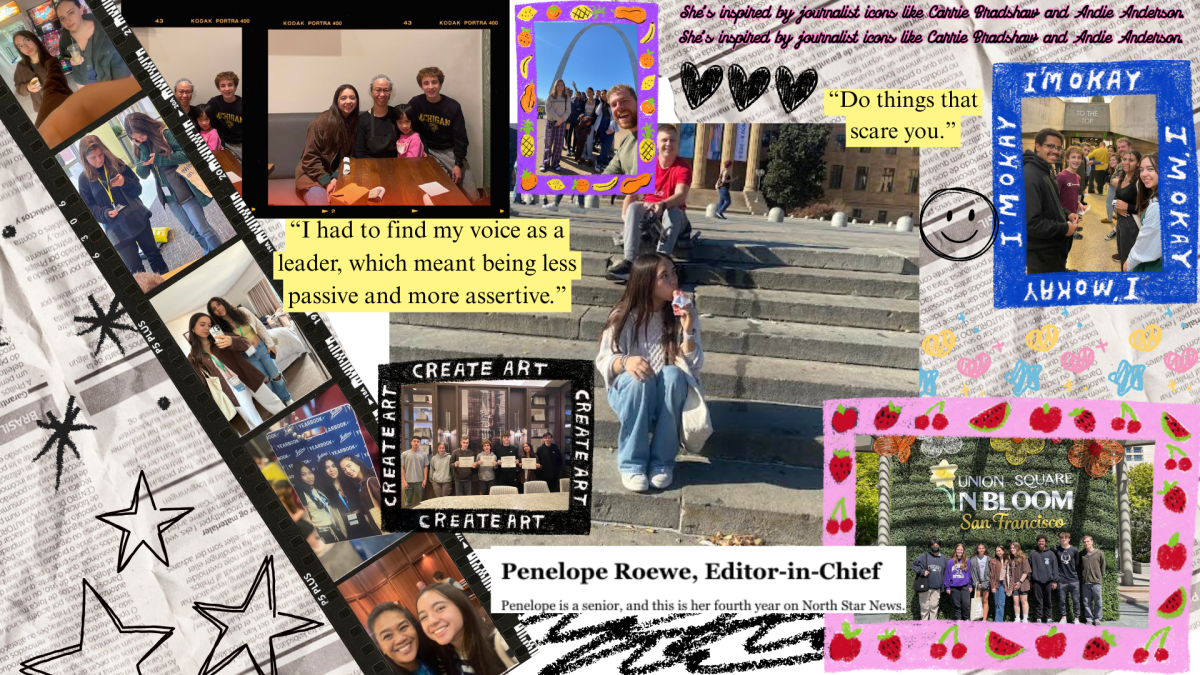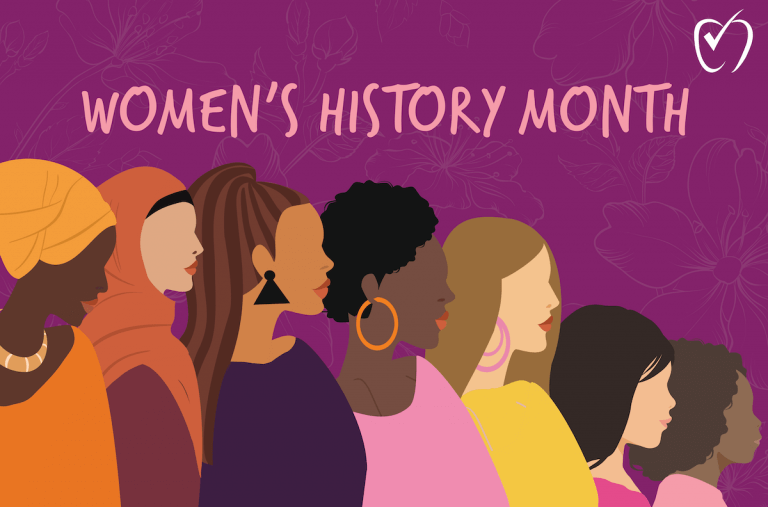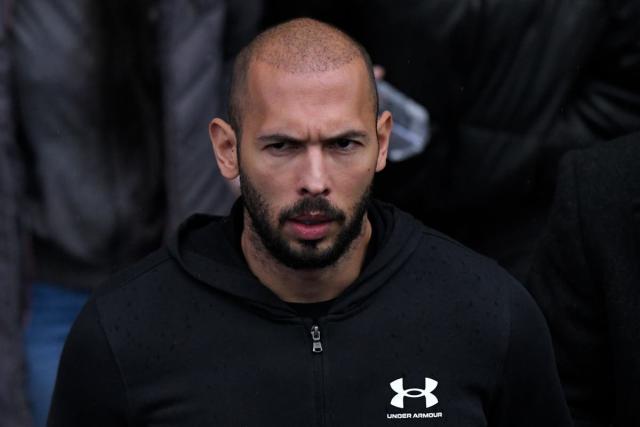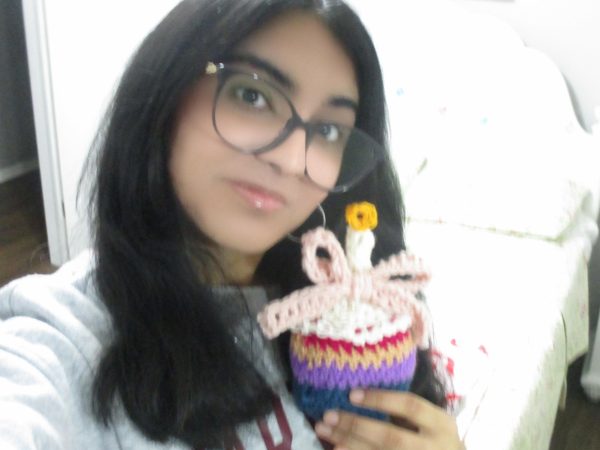“You’re basically living my dream.”
Whenever the swirling thoughts of college take over my head, I start to worry. I tend to worry about the money I’ll make as a future journalist, if journalism is the right major for me, and especially if I’ll get into my dream college, New York University (NYU).
NYU currently has a 7.7% acceptance rate with only about 120,000 students being admitted making the Class of 2029 one of the selective classes in NYU’s history. In 2014, NYU’s acceptance rate was 35% with about 50,804 applicants. One of those applicants being Carly Tennes who graduated in the NYU Class of 2018.
Tennes is the daughter of the newly elected Skokie Mayor, Ann Tennes. Tennes has been exposed to much of the communications world as she has been an entertainment reporter for Cracked, previous worker for CNN, CNBC, and many various media outlets.
As a student in the communications track, Tennes attended NYU Gallatin, on the broadcast track. Tennes has worked in many communication settings such as the storytelling classes, documentary, and radio production.
“I went through Gallatin, which is the make your own major school,” Tennes said. “I followed the broadcast track exactly in the journalism school, and then I supplemented it with additional storytelling classes. So that included documentary, that included radio production, podcasting, written word, creative nonfiction. So through that, I kind of got a very comprehensive sort of journalism education.”
As a previous student, Tennes emphasizes the importance of having experience in different types of journalism that opens up many doors in the workforce.
“I’ve worked in a lot of different kinds of journalism, and that, to me, is really helpful, too,” Tennes said. “It’s like the more experience you have doing various things, I have, like four resumes one for audio work, one for documentary, one for social media, [and] one for print. Through that, I’ve been able to get so many opportunities. That’s why I structured it that way. [I] kindly recommend doing that.”
Networking has also been a major way where connections can take place in the journalism field. It allows journalists to build relationships with editors, friends, and other media professionals. These connections can lead to new opportunities, collaborations, and potentially a new promotion.
“Networking is everything,” Tennes said. “Making meaningful connections can be the difference between landing your dream jobs and landing in a pile of applications. I know when I was applying for work, I always found at least one personal connection at every publication I applied to. Make deep connections where you’re in touch beyond simply when you want something. Professional relationships like that make all the difference.”
As mentioned, experience is key for developing strong skills in the journalism field. Because of this, it is important to evaluate whether a company is credible. Identifying warning signs such as underpayment and low standards can help ensure a positive work experience.
For Tennes, her senior year of college offered a firsthand lesson in this situation. Tennes was an intern at a news outlet where she was promised a job, but after learning about how little her co-workers made, she had to rethink her decision.
“This prompted some tough conversations with my family about what life would look like if I were to take a job at this company,” Tennes said. “It would have required tons of sacrifices, and an extremely tight, bare-bones budget. It would have been doable- in part because I didn’t have any debt- but it wouldn’t have been fun.
Journalism is widely recognized as a career that doesn’t offer high salaries. According to Iowa School of Journalism and Mass Communication, the median salary for a journalist is $57,000 per year. Tennes emphasizes that emerging journalists don’t start off the way that most have hoped.
“Younger reporters roughly make 10k-15k less and season 10k-15k more,” Tennes said. “This is a livable salary but as you’re getting started, it can be tough. That said, if a young reporter really wants to make it happen, there are ways they can make it happen.”
The tension that occurs while navigating your journey highlights the importance of staying calm and trusting your instincts as a journalist. Gaining experience and building connections are crucial, but so is staying focused during the journey.
“The best advice I could give aspiring journalists and young people looking to make a college decision is to first, relax- I promise you, it will be okay,” Tennes said. “Take a deep breath and enjoy as much time as you can- and secondly listen to your gut.”
As thoughts will remain revolving around my head, it gives me hope that there are people like Carly who have been successful in their journey, and that someday that will and can be me with headlines and publication offers galore.









